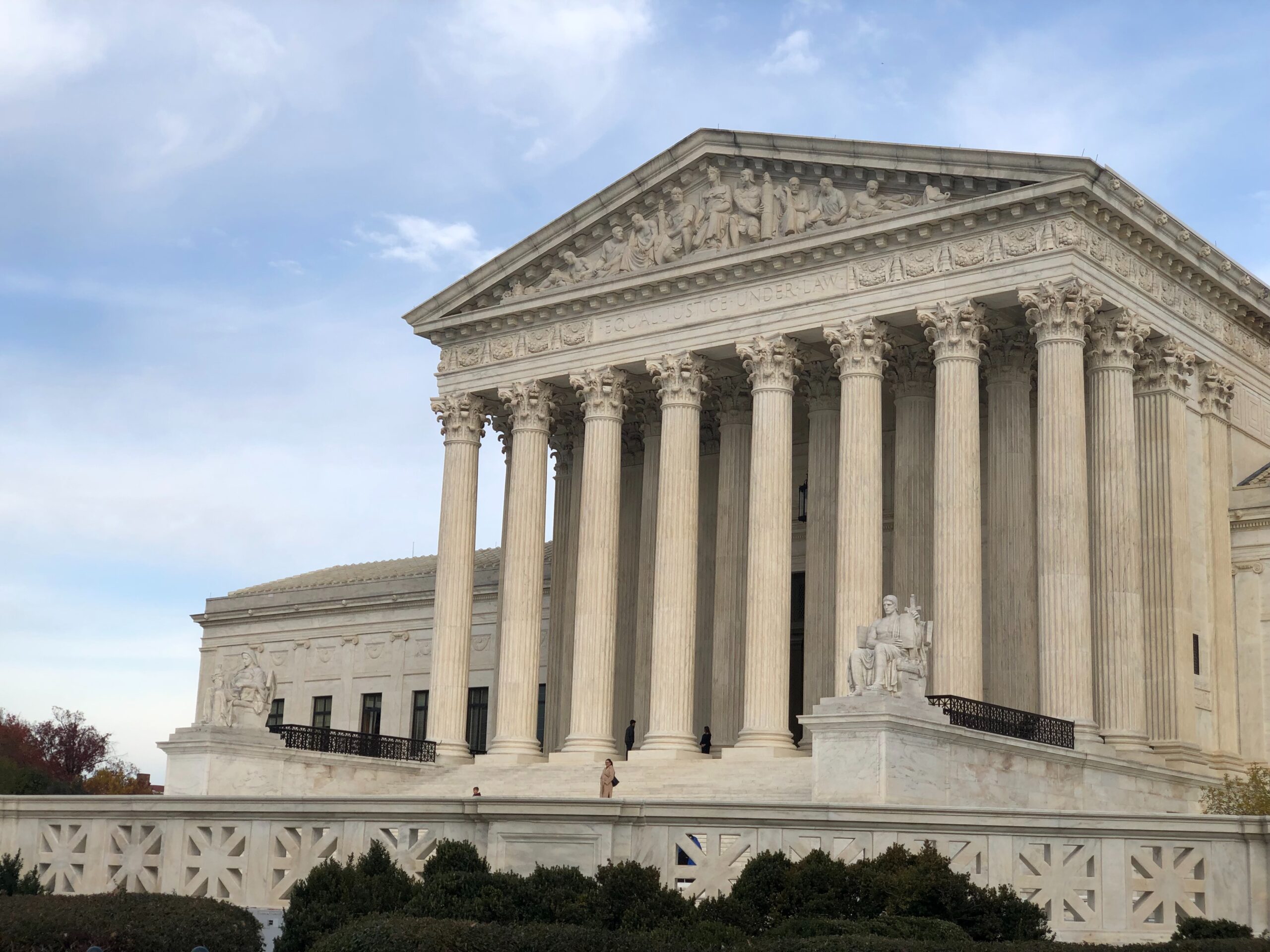Understanding the Corporate Transparency Act: A Guide for Business Owners
Introduction:
The Corporate Transparency Act (CTA) is a new federal law aimed at combating money laundering, fraud, and other illegal activities by increasing transparency in corporate ownership. As a business owner, it is important to understand the implications of this law and the steps required to comply with its provisions. This overview of the CTA outlines the actions you need to take to ensure compliance.
What is the Corporate Transparency Act?
The CTA, enacted by Congress in January 2021, directs the United States Treasury Department’s Financial Crimes Enforcement Network (FinCEN) to implement new reporting requirements for domestic and foreign entities registered to do business in the United States. The law aims to enhance the disclosure of Beneficial Ownership Information (BOI) to prevent illegal activities.
Who is subject to the new reporting requirements?
All non-exempt US companies, including limited liability companies (LLCs) and corporations, are subject to the new disclosure requirements. Under the CTA, these types of entities are known as Reporting Companies. Reporting Companies need to file reports with FinCEN that identify two categories of individuals who are: (i) beneficial owners of the entity, and (ii) company applicants of the entity. We recommend you consult with a professional advisor to determine your specific obligation.
Who is a Beneficial Owner?
Beneficial ownership includes individuals who exercise Substantial Control over the company, or own or control (directly or indirectly) at least a 25% interest in the company. Substantial Control means:
- Serving as a senior officer;
- Having authority to appoint or remove a senior officer or the controlling majority of the board of directors; or
- Having substantial influence over important decisions.
Who are Company Applicant(s)?
There may be two Company Applicants:
- The individual who directly files the document that creates or registers the Reporting Company;
- The individual who is primarily responsible for directing or controlling the filing of the relevant document by another.
What entities are exempt from the reporting requirements?
The CTA excludes 23 types of entities—most are already registered or regulated—from reporting. One of the more important exemptions is for large private operating companies (20+ full time employees and $5 Million in gross receipts/sales).
What information needs to be disclosed about a Beneficial Owner?
Under the CTA, Reporting Companies must file and maintain a Beneficial Owner Information Report with FinCEN. This report includes identifying information for all beneficial owners and company applicants. Reporting Companies must report the individuals’ BOI to FinCEN, including:
- Full legal name;
- Date of birth;
- Complete current address; (no agents or P.O. Boxes)
- Unique identifying number from a U.S. passport, state ID, driver’s license, or non-expired foreign-issued passport; and
- An image of the identification document from which the unique identifier was obtained.
- An alternative approach may be if an individual provides these pieces of information to FinCEN directly, the individual may obtain a “FinCEN identifier number” which can then be provided to FinCEN on a BOI report in lieu of the required information about the individual.
When are you required to file?
For Reporting Companies created prior to January 1, 2024, the Reporting Company has until January 1, 2025, to file its initial BOI report. For Reporting Companies created on or after January 1, 2024, the Reporting Company must file its initial report within 90 days of the earlier date on which it receives actual notice of creation, or a secretary of state first provides public notice of the creation of the entity. An Entity formed after January 1, 2025, has 30 days to file its BOI Report. If there are any changes in Beneficial Ownership Information, the Reporting Company has 30 days to inform FinCEN of such changes.
Who has access to Reported Information?
Under the CTA, FinCEN will store the BOI reported information in a secure, nonpublic database referred to as the Beneficial Ownership Secure System (“BOSS”). Reported information in the database will not be made available to the public. However, FinCEN may disclose the reported BOI only if requested by certain U.S. federal agencies, or by state, local or tribal law enforcement agencies.
What are the penalties for noncompliance?
Noncompliance of the CTA can result in civil penalties and in cases of abuse, criminal penalties.
Conclusion:
The CTA introduces new reporting requirements for business owners to disclose Beneficial Ownership Information. As a responsible business owner, you should understand the implications of this law and take steps to comply.
Important Disclosure: This brief overview is for information and discussion purposes only. It is not intended to provide, nor should it be relied on for legal advice.
All information provided herein is based on sources currently available and believed to be accurate. It is important to note that regulations have not yet been published.
Please contact our office if you would like to further discuss the CTA and filing requirements for your business entity.
________________________________________________________________________________________________
Additional Information can be found on the BOI FinCEN government website:
________________________________________________________________________________________________




